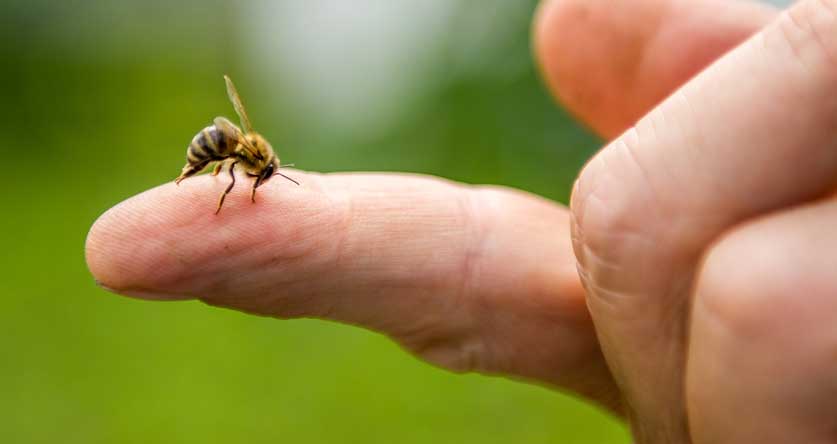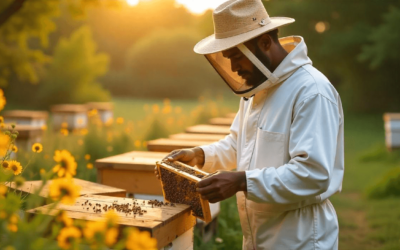Bees are incredible creatures with a significant impact on our environment, agriculture, and ecosystems. Their role as pollinators is essential for the reproduction of flowering plants and the production of fruits, seeds, and crops. Bees, particularly honeybees, also produce valuable substances such as honey, beeswax, propolis, and royal jelly, which have numerous applications in medicine, cosmetics, and other industries.
However, bees face numerous challenges that threaten their populations and well-being. Habitat loss, pesticide use, climate change, diseases, and pests are among the major factors contributing to declining bee populations worldwide. The decline of bees has far-reaching consequences, impacting food production, biodiversity, and ecosystem stability.
It is crucial to raise awareness about the importance of bees and take active measures to protect them. Conservation efforts include creating bee-friendly habitats, reducing pesticide usage, promoting sustainable agricultural practices, and supporting research on bee health and population dynamics. Collaboration among beekeepers, farmers, policymakers, and the general public is essential in ensuring a future where bees thrive.
By understanding the fascinating facts about bees and their integral role in our world, we can foster a deeper appreciation for these remarkable creatures. Through collective action and sustainable practices, we can help safeguard the future of bees and maintain the vital services they provide for our ecosystems and food systems.
Did you know that honey bees are not only important pollinators but also fascinating creatures? Here are some attractive facts about honey bees that will make you appreciate their remarkable contributions to our ecosystem:

1️⃣ Vital Pollinators: Honey bees are crucial pollinators, responsible for pollinating about one-third of the food we eat. From fruits and vegetables to nuts and oilseeds, honey bees play a significant role in sustaining our food supply and ensuring biodiversity.
2️⃣ Intricate Communication: Honey bees have an incredibly complex system of communication. Through a dance known as the “waggle dance,” worker bees communicate the direction and distance of a food source to their hive mates. It’s like having their own unique language!
3️⃣ Impeccable Navigation Skills: Honey bees possess exceptional navigational abilities. They can communicate the precise location of a food source by using the position of the sun, landmarks, and even the Earth’s magnetic field. Their navigation skills are so accurate that scientists study them to improve robotics and GPS systems.
4️⃣ Hive Organization: Inside a beehive, honey bees maintain a highly structured society. Each bee has a specific role—queens for reproduction, workers for tasks like foraging and nursing, and drones for mating. The collaboration and division of labor within the hive are truly remarkable.
5️⃣ Honey Production: Honey bees produce honey as a food source for their colony. They gather nectar from flowers, transform it through a process of regurgitation and evaporation, and store it in honeycombs. Not only is honey delicious, but it also has various health benefits and can be used for medicinal purposes.
6️⃣ Environmental Indicators: Honey bees are excellent indicators of the health of our environment. Their population decline can signal issues such as habitat loss, pesticide use, and climate change. By protecting honey bees, we are also safeguarding the overall well-being of our ecosystem.
Remember, honey bees are not just insects buzzing around. They are essential contributors to our food system, masters of communication and navigation, and environmental sentinels. Let’s celebrate and support these remarkable creatures! 🌺🐝🌼





0 Comments